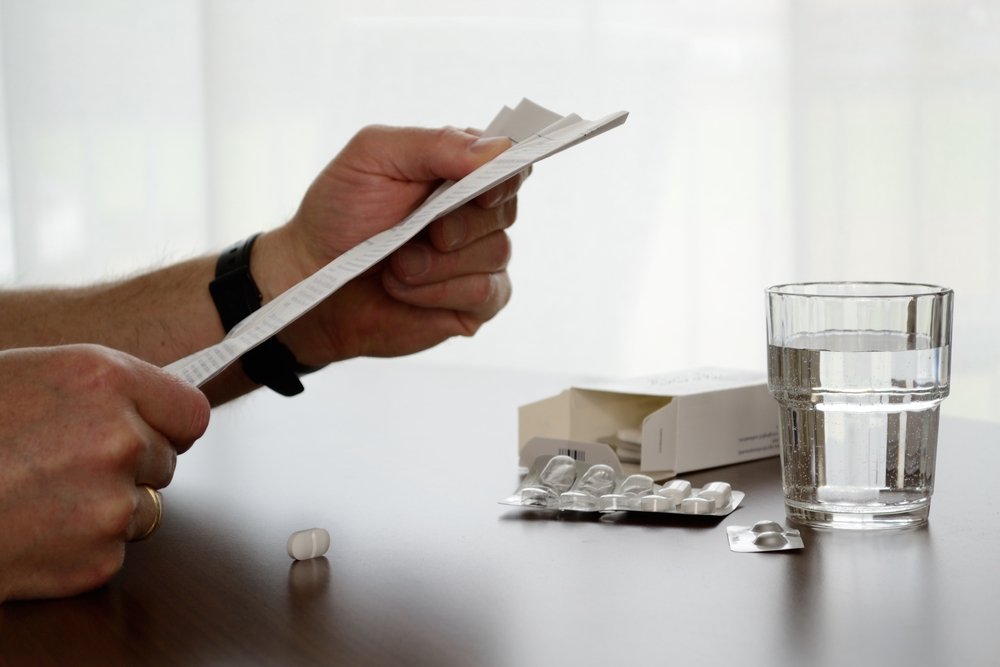Here are six drug types you should avoid mixing with caffeine.
Others are reading now
For many adults, the day doesn’t start without a hot cup of coffee.
But that pairing it with certain medication could be more harmful than helpful, depending on what’s in your medicine cabinet.
According to Kela, Finland’s national social insurance institution, nearly 2 million people in the country used medications affecting the nervous system in 2023 alone.
That includes painkillers, antidepressants, and sleep aids, among others. Add to that the high number of people taking blood pressure medication, thyroid drugs, and osteoporosis treatments, and it’s clear why understanding how coffee interacts with medications is crucial.
British pharmacist Ian Budd, speaking to the Daily Mail on behalf of Chemist4U, warns that coffee can reduce the effectiveness of certain medications or amplify their side effects, often without patients realizing it.
Also read
“The most important interactions between drugs and coffee occur in the liver. These can either speed up the breakdown of some drugs or increase their side effects,” Budd said. Even delaying coffee by an hour after taking certain medications can make a difference, he added.
Here are six medications Budd says you should never take with coffee:
1. Cold Medicine
Some cold medications, especially those containing pseudoephedrine, can be overstimulating when combined with caffeine.
This can result in heart palpitations, nervousness, and even high blood pressure.
Always check product labels and consult your pharmacist, especially if your cold remedy contains stimulants.
Also read
2. Painkillers
Common painkillers like paracetamol and ibuprofen can already irritate the stomach lining.
Coffee, which increases stomach acid, can make things worse, leading to heartburn, gastritis, or even ulcers if taken frequently together.
Avoid taking these with your morning brew. Use water instead.
3. Blood Pressure Medications
Caffeine can hinder absorption of ACE inhibitors and similar drugs used to treat high blood pressure.
If your medication isn’t fully absorbed, your blood pressure may stay elevated, which increases the risk of heart attacks, stroke, or organ damage.
Also read
Budd recommends waiting at least an hour after medication before drinking coffee.
4. Thyroid Medication
Caffeine significantly reduces the absorption of levothyroxine, the primary drug for hypothyroidism.
Some studies show its effectiveness can drop by up to 50% when taken with coffee.
Wait at least 30 to 60 minutes after taking the pill before your first cup.
5. Antidepressants and Mood Stabilizers
Caffeine competes with SSRIs like fluoxetine, sertraline, and citalopram in the liver, potentially increasing the risk of side effects like insomnia, restlessness, or even serotonin syndrome, a rare but dangerous condition.
Also read
If you’re taking antidepressants, monitor your caffeine intake closely and discuss it with your doctor.
6. Osteoporosis Medication
Drugs like alendronate and risedronate are highly sensitive to timing and must be taken on an empty stomach with plain water only.
Coffee can block absorption and even interfere with how your body uses calcium and vitamin D — both vital for bone health.
Budd suggests waiting at least 30 minutes after taking these medications before drinking coffee, and considering cutting back on caffeine if you have bone health concerns.
Don’t Skip the Fine Print
Budd emphasizes that every patient and every drug is different.
Also read
Reading your medication’s package insert and consulting with a pharmacist or doctor is always the best course of action.
“They can help you understand whether limiting your coffee intake, changing your drinking habits, or switching to decaf can prevent unwanted side effects,” Budd says.


